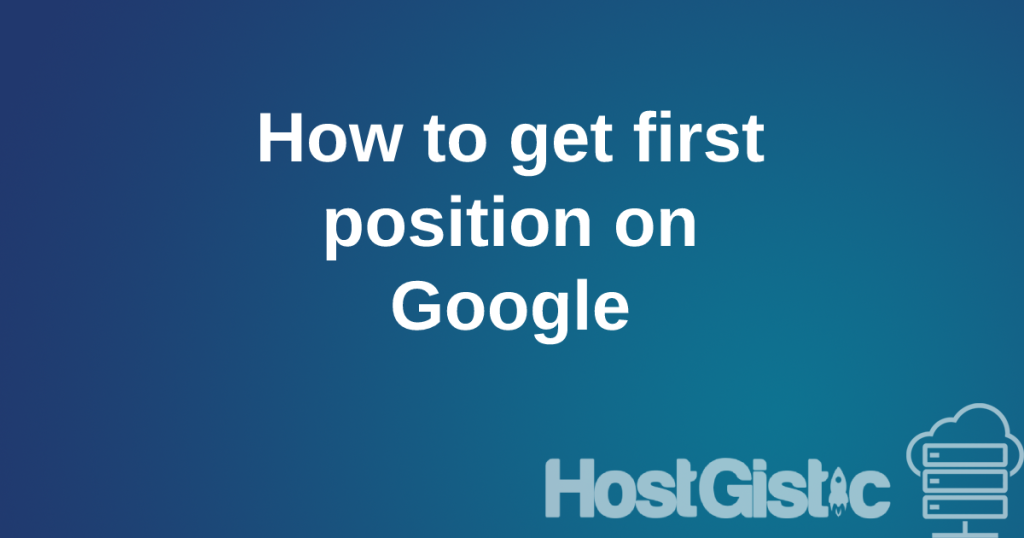The main question when it comes to ranking is how to get to the first position. One of the main uncertainties is whether paid Google ads help in achieving a better position.
What affects the position?
First of all, it should be noted that there is no exact list or exact data on what Google takes into consideration and why some websites are better ranked than others. This is simply a closely guarded secret of employees to ensure that search results are as relevant and good as possible. In addition, even employees do not know exactly what affects the ranking, as each team deals with only one signal, so, for example, the team that analyzes websites with AMP does not know what other teams are doing, and in fact, no one knows, even among employees, what affects the ranking and to what extent.
What is reliably true and has already been tested by millions of developers worldwide are a few things:
- The first thing is the HTML5 site structure (modern programming and site creation using templates)
- The second thing is the quality of the content. Although Google’s algorithm does not understand what is written on the site and whether it is of high quality or not, it evaluates this by measuring how long someone stayed on a particular page on the site. In addition, it measures and records if someone searched for something and then entered the site, immediately clicked the back button, and returned to the search, this tells Google that what they were looking for does not match what is on the site, and this is immediately a negative rating for the site.
- The third thing is whether the site is mobile optimized. The algorithm successfully detects every part of the site, whether it displays well on mobile, and knows exactly whether the site is ready for mobile or not.
- The fourth thing is whether the site has SSL (https) or not.
- The fifth thing is whether the site loads quickly. This item is especially important when it comes to the mobile version. The site must load in under 5 seconds, or it is considered slow, and you receive a negative rating. Also, in addition to speed, the site should not be larger than 5MB per load.
You can see this data on gtmetrix.com to see how your site performs. It is nice if the site rating is higher, but it is more important whether the site loads quickly or not. - The sixth thing is whether there are backlinks to that site. This means how many other sites have linked your site/page/article and how reliable and well-ranked those other sites are. The better ranked the site that links to yours, the greater the weight than if a new site posted a link. In addition, how long the visitor stayed after clicking on that link (again, the second item about visit time and returning).
In addition to these main and known six and most important things for each site, there are another 1000, and each of these things additionally helps your site, but without these six steps, almost no site has any chance for the first position. I say again, chances and almost because no one knows how the algorithm works, and it contains parts of artificial intelligence that learn and improve on their own.
Do paid Google ads help with better ranking?
The short answer is no, BUT when you pay for an ad, visitors come to your site, they spend some time and browse the site, which means we come to the second point about time and the back button. If you have a quality site and quality content and pay for an ad, it will certainly help you rank better. But if you have a poorly managed site and pay for ads, it will not help at all.
In essence, everything comes down to these six main points (and many others) for a site to rank well, but certainly, paid ads and many other things do not hurt either. However, the key thing is quality content on the site (whether it’s a store or not).
The worst thing for ranking is when a visitor enters your site and immediately leaves. This jeopardizes your ranking.
How does Google track my visitors?
The matter is quite simple when someone is as big as Google. If you have Google Analytics on your site, which measures your visitors, it collects virtually all data about visitors. If you do not have Google Analytics installed, it measures the time when someone clicked on your site and when the same person returned to the search, even though it does not have direct access to your site.
In addition, there are other programs, such as Android mobile phones, of course, by Google, and Chrome browser, the most popular in the world.



